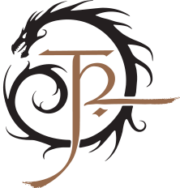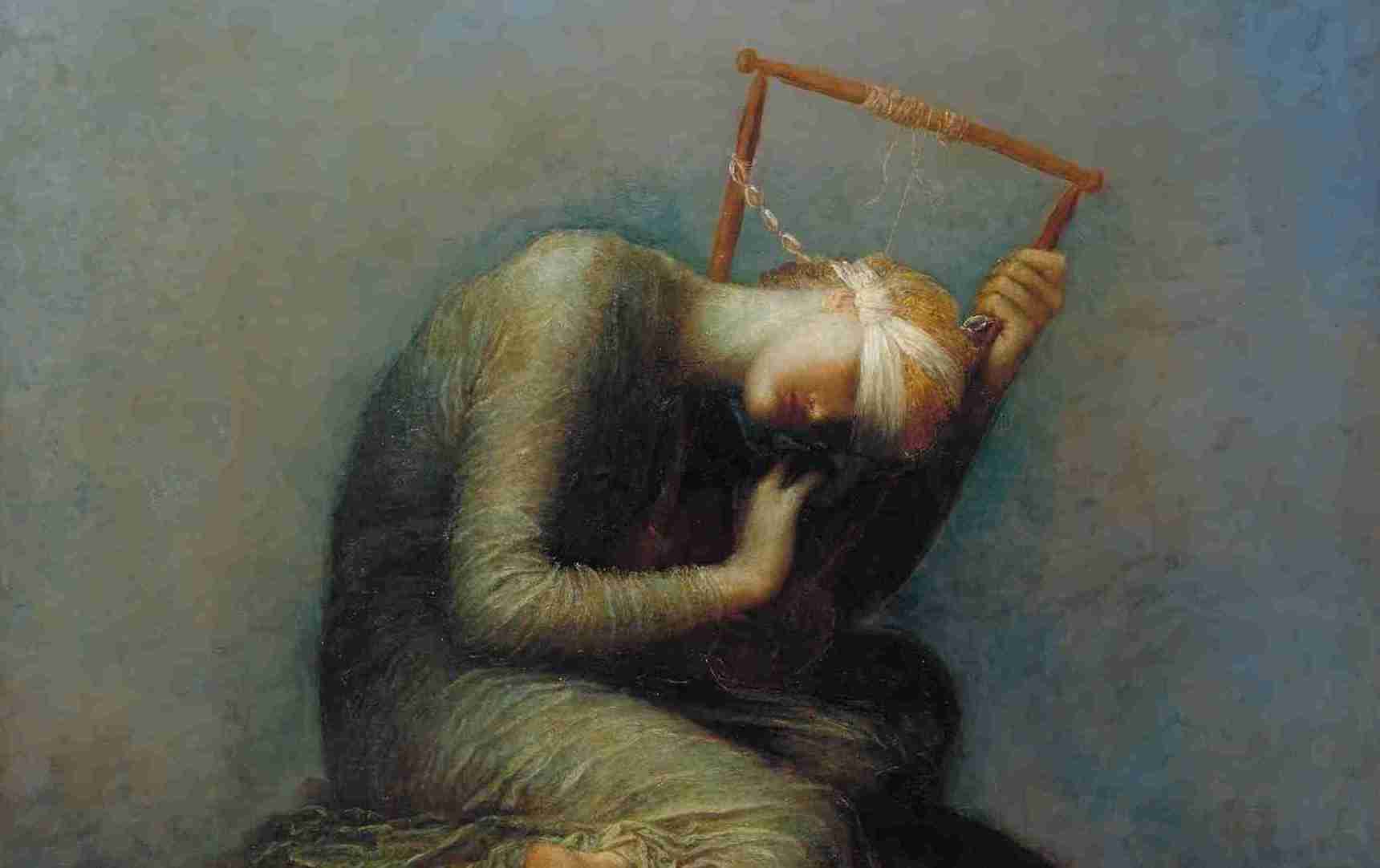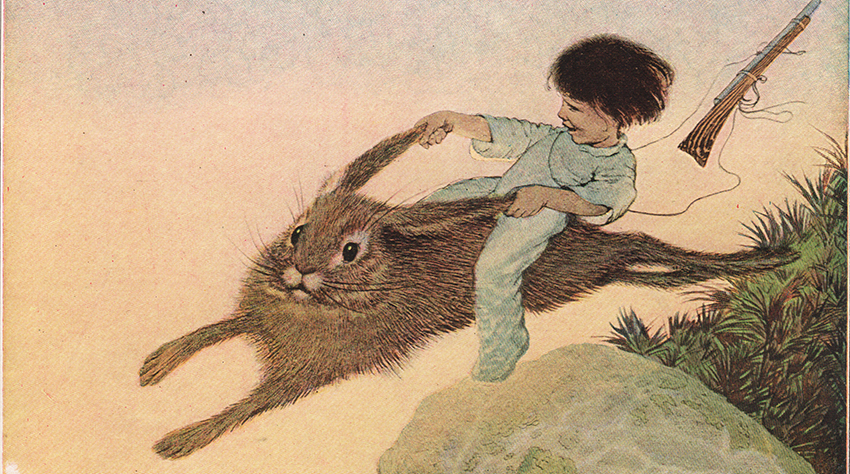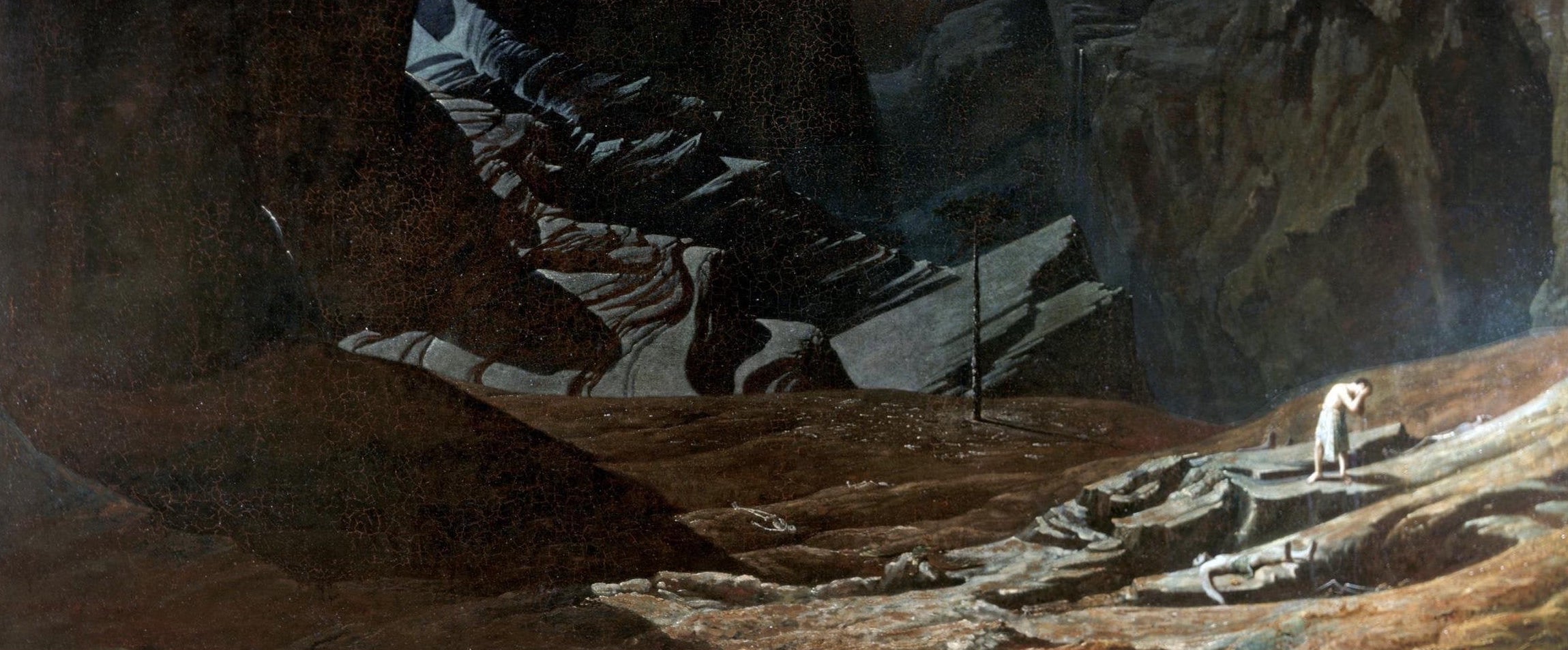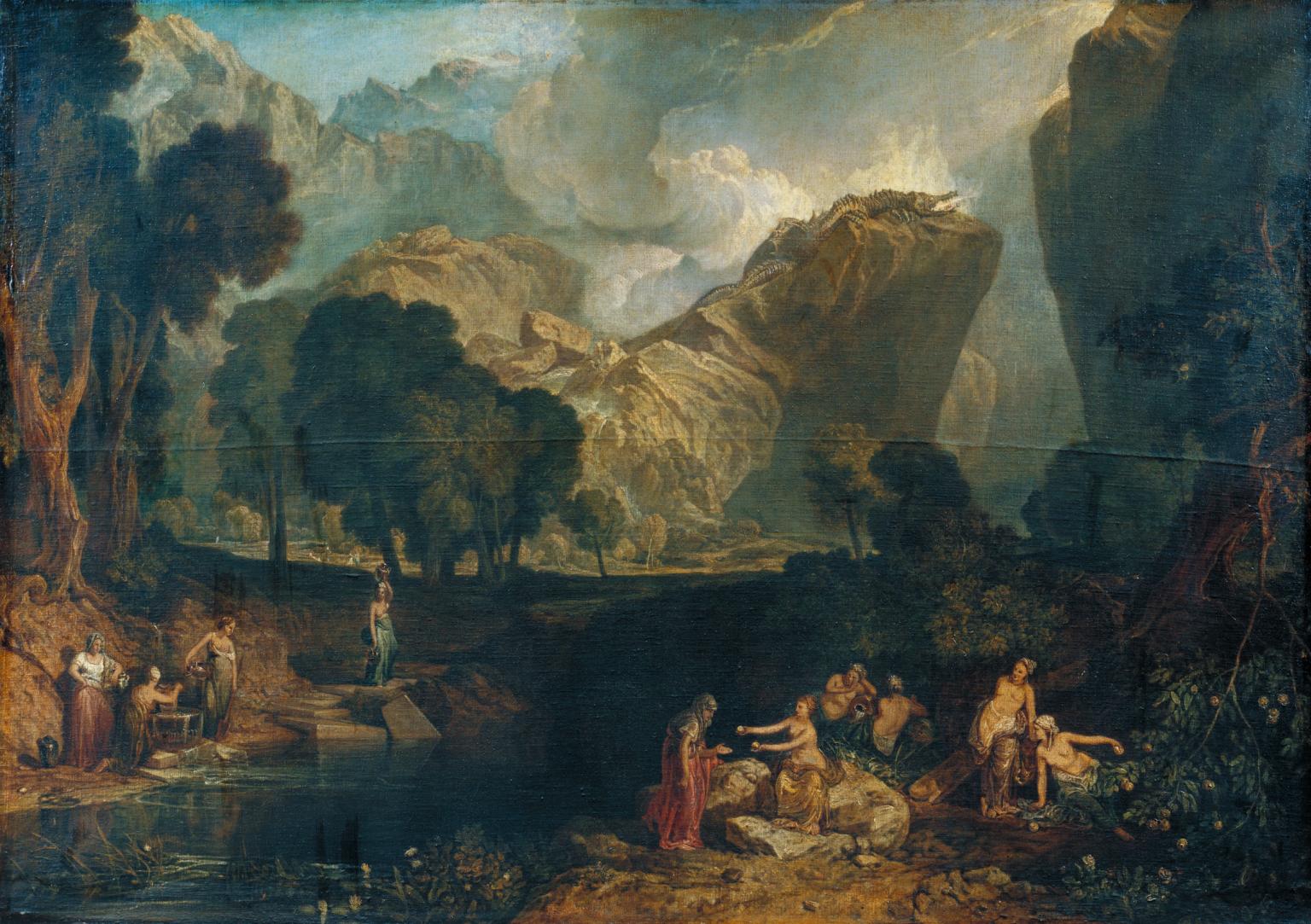ORPHIC HYMN TO HEKATE
You, of roads and crossways,
Of heaven, of earth, and sea as well.
You, the saffron-clad, among the tombs,
Dancing with dead souls the Bacchic rite.
You, daughter of Perses, lover of desolation,
Taking joy in deer and dogs, in the night.
You, terrible Queen! Devourer of beasts!
Ungirded, possessed of form unapproachable!
You, bull-huntress, universal sovereign Empress:
You mountain-roaming guide, and bride, and nursemaid,
I entreat, O Maiden, your presence at these
sacred rites, With grace to the Oxherd and a
joyful heart eternal.
– translated by Shawn Eyer
˜˜˜
As fate devised, I pursued a path far afield from my ancestors, yet their ways are also mine. And in my travels, when I see a hill dotted with sheep or a staff lying among chestnut leaves, I am moved by a sense of longing to be again what I was not.
Patti Smith, Woolgathering
˜˜˜
“Rolling thunder….long flickering sequences of lightning. Feeling ringed-in, encircled ….as if a god was dying…
M. Bellamy, Selected Letters
˜˜˜
Hiraeth. It’s a Welsh word, for which the English language possesses no direct equivalent. Essentially, “hiraeth” evokes a longing for a home you can never return to, a home which may never even have existed at all. It is a notion tied to the collective and the personal past, nostalgia for what was or should have been. Intertwined are the regrets for youth’s summers and the notion of a Golden Age long departed.
Nostalgia is the oft-proposed but inadequate translation. Coined in 1668 in a dissertation on the topic at the University of Basel by scholar Johannes Hofer (1669-1752) as a rendering of German heimweh “homesickness”. Derived from the Greek nostos, or homecoming, and algos, or pain, it meant “severe homesickness considered as a disease,” and was considered a condition unique to the Swiss, who often served as mercenaries abroad, and could be fatal when cumulated with physical wounds. Later it was applied to many displaced populations: slaves from Africa, emigrants, convicts, sailors. It was considered an endemic medical challenge to the North during the American Civil War.[1]
In the first two years of the war, there were reported 2588 cases of nostalgia, and 13 deaths from this cause. These numbers scarcely express the real extent to which nostalgia influenced the sickness and mortality of the army. To the depressing influence of home-sickness must be attributed the fatal result in many cases which might otherwise have terminated favorably. [“Sanitary Memoirs of the War,” U.S. Sanitary Commission, N.Y.: 1867]
Generations of regret… The Last of England by Ford Madox Brown, 1855. Oil on panel. Brown began the painting in 1885; in that same year over 350,000 people left England. He and his wife Emma served as models. True to the Pre-Raphaelite precepts, Brown painted out-of-doors to capture the harsh weather in the painting and was reportedly delighted when his hand turned blue from the cold.
Nostalgia carries with it a dose of pain, dulled by the laudanum of time, which is not consistently present in hiraeth, as nostalgia lacks the earnestness of desire. The modern meaning of nostalgia, a “wistful yearning for the past” is a recent one, first recorded in 1920. Yearning and longing indeed are more in keeping with the complex mélange of sentiment, but they are too firmly anchored in cause and effect, in action and consequence. Nor is pining an apt equivalent, derived as it is from pain and torture. Wistfulness is perhaps closer, but also implies regretful passiveness and submission to fate and circumstance. Equally, the origins of nostalgia are rooted principally in physical displacement, whereas hiraeth is a homesickness that can be felt without leaving home. “The ties that bind to land or love are pulled taught, and the bonds drag at the heart.”
A procession in faerie… The Riders of the Sidhe by John Duncan, 1911. Exhibited at the Royal Scottish Gallery in 1911. Measuring 45 x 69 inches, it is Duncan’s first major work in tempera. “I often Despair, because my work does not improve. What I gain in one way I lose in another. Does one grow wiser with time or do some doors close as others open?” – John Duncan
Nostalgia, of the kind that saps energy and hope, has a Welsh equivalent: “mynadd.” The expression dim mynadd indicates the absence of energy or desire to act, a lassitude as much emotional as physical. Hiraeth is a many-faceted word, ranging from simple homesickness and longing to paradoxical sentiments; hiraeth can recount the longing for a return of something one has never truly possessed. (Hiraeth has cognates in other Celtic languages – Cornish ‘hyreth’, ‘hereth’, Breton ‘hiraezh’, Old Irish ‘sírecht’; clearly the sentiment has been part of the Celtic world for some time.)
Hiraeth is also tied to the profound links between the Welsh and the landscape of Wales. (Like so many countries, even the name was provided by foreigners, in this case the Saxons, who named the land “Place of the Others.” The Welsh name for Wales is of course Cymru, whose inhabitants call themselves the Cymry, from the Brythonic word combrogi, meaning, more or less, “fellow-countrymen.” So, in a sense, himraeth is also tied to a time before the usurpation of the name of the land, a time already long gone when the tales of the Mabinogion originated. To carry the name of outsider in your own land is a burden indeed.
The intensity of connection to landscape can produce a spiritual ache difficult to describe. Hiraeth is described as “a longing to be where your spirit lives.” The potency of longing in this sense is a positive force, an enabling of spirit and a search for points of contact with the intangible. While it can be linked to homelessness or unfamiliar surroundings, hiraeth is more of a deep feeling of spiritual separation or disjointedness. While geography and distance can play a part, it can be anchored in a lost past.
It is possible this rupture dates from Roman times, when the invaders put particular energy into the oppression of the Druids, perceived as elements of sedition. The Romans saw the druids as custodians of the stories, rites and wisdom of the land, a land which could not be conquered without first removing them. (One is reminded of Sir Henry Sidney’s declaring open season on Ireland’s poets in 1566: “whosoever could take a rhymer… should spoil him and have his goods.”)
Back to the past that never was… The Druids: Bringing in the Mistletoe by Edward Atkinson Hornel and George Henry, 1890. One of two collaborations between the Glasgow Boys Hornel and Henry (the other is The Star in the East, from 1891) the painting depicts a moonlit mid-winter procession of Druidsin ceremonial robes and carrying sacred symbols.. First exhibited at the Grosvenor Gallery, the painting was “skied,” but nonetheless successful. (To have a painting skied was to see it hung near the gallery ceiling, out of sight of all but those who were willing to crane their necks to see it.)
As Tacitus recounts, the successful destruction of their influence over Brythonic Prydein settled the Roman conquest of Britain. This subconscious wound to Welsh culture, the no-more-remembered loss of a portion of collective consciousness, is akin to the ache of a lost limb. The land where the spirit first lived no longer exists, since the language can only be used to describe a diminished portion, and magnifies the severed ties to the landscape itself, concentrating them on a smaller region, with a greater intensity. This homesickness for an intangible past is mythical race memory, recalling and longing for Atlantis.[2] It is an ancient thing that can be felt in the modern day.
‘Hiraethlawn’ is a similar word; though now largely out of use. From Hîr (to long) and ‘aeth’ (act of being) and ‘Lawn/(Llawn)’ (fullness).. hiraethlawn (or Hiraethlon) is now hardly used. Of the many variations of meaning, the principal is that of a deep yearning for a state of being or a place believed better than any other but which has not yet been reached. In this sense, the notion is further divorced from the irretrievable past, and projected either into the present: a spiritual state, or the future: a possible arrival in a place where one is “meant” to be.[3]
Languishing… Ariadne by John William Waterhouse, 1898. Betraying one’s kin for love can result in loss of both; Ariadne aided Theseus in his killing of her half-brother the Minotaur and fled with him from Crete. Arriving on Naxos, Theseus’ memory and gratitude abandoned him and he sailed homewards without her. She was eventually rescued from her exile by Dionysos.
In that sense, the capacity to experience hiraeth is a blessing. (Existential anxiety – and the resulting paralysis of spirit – has a name in Welsh as well: “ofn.”) Hiraeth is the sentiment that drove the knights on the Grail Quest – a spiritual restlessness translated into action, itself of a dual and circular nature, since the trials and mortal dangers of the quest are the oft-perilous incarnation of the spiritual journey.
Hiraeth is akin to the pull of gravity, but towards Wales instead of simply towards earth. A sentiment of insubstantiality and disconnect that augments with distance, a “gossamer thread that stretches thinner and thinner;” a tether that grows stronger the thinner the thread. Would it be possible to disappear into the distance, the thread would remain. Once again, hiraeth is a bittersweet gift.
The links between language and landscape are particularly intense in the Welsh mind. While we, as humans, are close to the land, participate in its life to a degree (a degree largely diminished by urbanization) we can never be truly part of it. Hiraeth in that sense is part of the human condition, the impossible longing to belong to and share deep roots with the landscape itself. Few express this restlessness better than Welsh author Arthur Machen in The Hill of Dreams. The hectic longing of the protagonist for union with the spirit of the land eventually results in his self-imposed exile, homesickness and death. To experience hiraeth is also to acknowledge that perhaps the schism cannot – or is not meant to be – mended.
The shores of longing… “Thanne wolde she sitte adoun upon the grene, And pitously into the see biholde…” Illustration by Edward Coley Burne-Jones for William Morris’ Kelmscott Chaucer, 1898
Among the modern authors who best transmit the sense of longing is Tolkien, through the Elves, though they, being immortal, can return to the West when they choose. The mortals who are allowed to accompany them play an ambiguous role, as they are not going “home”, but to a spiritual home they have never known. According to Dr Carl Phelpstead of Cardiff University: “Welsh is important as an influence particularly on one of the Elvish languages, Sindarin… This particular Elvish language is very like the sounds of Welsh and deliberately so.”[4] While Tolkien transposed the sonority of Welsh, rather than actual words, his familiarity with the language may well have tinted the views of the Elves themselves.
˜˜˜
This is where Hekate comes in. The least one can say of her is that she is no shrinking violet. And nothing about her is straightforward…
The etymology of her name is not known with certainty. She has many names. Her approach heralded by the howling of a dog. She has three faces. All three moons are hers: waxing, full and waning. She is the goddess of the crossroads. She is liminal, a goddess of crossing over, a deity of thresholds. She carries two burning brands to light her way; with them she slew the Giant Clytius during the Gigantomachia. With those same torches, she lit Demeter’s way when she travelled to Hades in search of Persephone, whose way she also lights, propolos and opaon, companion and guide, when she must return to the underworld.
According to some, she is a virgin goddess, though Diodorus Siculus accords her three children: none other than the witches Circe and Medea, and a son named Aigialeus. According to Apollonius of Rhodes, “night-wandering Hekate” is the mother of the monstrous Scylla, sired by the ancient deep-sea god Phorcys. What is certain is that she was there before the pantheon of Olympos, she is a survivor of another age, endowed with triple dominion over heaven, earth and the depths of the sea. She is the patron of riders and mariners. The other gods of Olympus treat her with respect.
Classical Hekates
From left to right: Marble statuette of triple-bodied Hekate and the three Graces, Late Hellenistic 1st or 2nd cent AD, height 30.5 cm.
Statue of Hekate, 3rd century AD, from the Antalya Museum in Turkey.
Hekate, circa 3nd century AD, at the J. Eisenberg Museum.
Artemis-Hecate. Red-figure lekythos by the Pan Painter. Clay, circa 480 B.C., height 32.5 cm. Saint-Petersburg, the State Hermitage Museum.
Hecate fighting the giant Clytius in her triple incarnation, wielding torch, sword, and lance. Detail from the Pergamon Altar’s frieze depicting the Gigantomachy, built in 2nd century BCE.
The Hecate Chiaramonti, a Roman sculpture of triple Hecate, after a Hellenistic original.
Hesiod gives her dominion in earth, sea, and heaven, while others give her sway in heaven, earth, and underworld. Her origins may lie in Mesopotamia as lunar deity.
Her epithets legion: Cthonia, of the underworld; Apotropaia, who shields from ill-luck; Phosphoros and Dadouchos, bearer of light or torches; Endodia, of the roads; Triodia, of the crossroads; Trimorphos, of triple form; Propolos, the attendant who leads; Propylaia, before the gates; Nyktipolos, night wandering; Prytania , Queen of the Dead; Klêidouchos, keeper of keys, for in her care were the keys of the Underworld… She was present at Eleusis. She is Hekate Perseis, the Destroyer, she is Hekate Sotiera, the Saving Goddess. She is “gracious Hekate, the maid of ruddy feet.” Virgil, in the Aeneid, calls her “three-fold Hekate with her hundred names.”
Bronze is sacred to Hekate. The walls girding Tartarus are made of it. She is “the goddess of the brazen sandals”
In early representations, lions flank Hekate. She has animal familiars and symbols, at times she is represented with their heads: boar, cow, dog, dragon, goat, horse, polecat and serpent. (Later, she will have four heads.) She is the “horse-faced goddess.” According the Prayer to Selene for any spell: “You are steely blue with serpent-scales, O Serpent-haired and Serpent-girdled one.” The same text describes her with dog, horned maiden and goat heads and as “bull-eyed, horned, mother of gods and men.” “Her manifestations [are] humans with the heads of dragons, and of immense size…”[5]
Hekate as the witch… Hekate, a pastel by Maximilián Pirner, 1901. Triple-bodied Witch of the Night, with torch, key, serpent and sword.
“A baying of hounds was heard through the half-light: the goddess was coming, Hecate.”[6] Dogs are her heralds and companions; she is oft accompanied by a black bitch. The dog too is a creature of thresholds and gates, the dog howls at the moon. Scylla had dog’s heads. Dogs are also sacrificed to Hekate; offerings (deipna)of meat, bread, garlic, cheese and cakes lit with miniature torches left a crossroads are said to be favoured by her, and were best left on the night of the new moon.[7] (Plutarch tells us that dogs were never sacrificed to the Olympian gods, but Hekate is an elder god.)
In her sacred garden, the dragon guarded the Golden Fleece. When Jason propitiates her, she is crowned with oak-leaves and the coils of wild serpents.[8] The yew was also sacred to her. Ovid describes her appearance thus in his Metamorphoses: “a groan came from the ground, the bushes blanched, the spattered sward was soaked with gouts of blood, stones brayed and bellowed, dogs began to bark, black snakes swarmed on the soil and ghostly shaped of silent spirits floated through the air.” In that same garden grew the poisonous herb aconite. It sprung from the saliva that fell to the earth from Cerberus’s three maws when Hercules dragged him up from Hell. Mandrake grew there too.
Syncretism is one of her traits, the sign of ancient gods that endure, changing, transforming, culture-crossing. She is often indissociable from Artemis, both torch-carriers accompanied by hounds. She is commingled with Thracian moon-goddess Bendis, with Selene and with Thessalian Brimo, and is bound to the Babylonian chthonic goddess Ereshkigal and the Egyptian Isis. Hekate is much-travelled, but she is not a goddess of centre stage; she is boundary-crosser, shape-shifter, “far-darter,” ever between worlds.
The dark side of syncretism… The Queen of Night Relief, dating from the Old Babylonian Period (approximately 2000-1600 BC) and may represent either Ereshkigal, Ishtar, or possibly Lilith. In the Greek Magical Papyri, which have been dated between the 2nd and 5th centuries A.D., Hekate is referred to as “Hecate Ereschkigal” and is invoked using the appropriate words and gestures to avert the spell-caster’s possible punishment in the afterlife. The two may have become associated through Ereshkigal’s accompanying of Inanna on her descent to the Underworld, as Hekate accompanied Persephone.
Her kingdom is one of borders, city walls, doorways, thresholds, crossroads and realms outside the world of the living. She is the goddess who does not quite belong, the immigrant, the traveller at dusk. She is the goddess of the beyond, psychopomp, she is “Anassa Eneroi”, queen of the departed souls.
˜˜˜
And where is this all going? Towards fantasy, of course.
Fantasy is an in-between world if there ever was one. Neither here nor there, between real and imaginary, worlds that resemble ours, but are not ours. Imagination is a wayward, improbable thing, multi-faceted, undisciplined; creativity and irrationality go hand in hand down the same crooked path. Etymologically, it is not so ancient: early 14the century: “illusory appearance,” from Old French fantaisie, phantasie “vision, imagination” (14c.), from Latin phantasia, in turn from Greek phantasia “power of imagination; appearance, image, perception,” from phantazesthai “picture to oneself,” from phantos “visible,” from phainesthai “appear,” in late Greek “to imagine, have visions,” related to phaos, phos “light,” phainein “to show, to bring to light” (from Proto Indo-European root bha “to shine”). You can almost see the word inexorably sliding from things seen by the eye to those seen only by the mind.
The sense of “whimsical notion, illusion” is attested before the 15th century, followed by that of “fantastic imagination,” first attested in the 1530s. Sense of “day-dream based on desires” is from the 1920’s. As the name of a fiction genre, it dates only from 1949.Traditionally, the Muses are associated with imagination and inspiration, but they are a bland coterie.
Hekate, on the other hand….
Hekate as well underwent an inexorable slide to the darkness, testimony of our obsession with death and what happens after. If indeed she was originally from Caria, in Anatolia, migrating along with the tribes arriving in Greece in the Archaic period, she was originally more benign, only beginning her association with the Underworld when she accompanied Persephone on her journeys. Colchis is of course where the Argonauts went to seek the Golden Fleece, and the “dragon” so effectively sung to sleep by Medea my well have been a temple to a Silurian deity; at any rate, Hekate’s journey across cultures made her a goddess of those on the road, of those at crossroads, of those seeking passage at city gates and over thresholds.
From torch-bearing maiden to patroness of witches, Hekate exchanges her peplos and burning brands for the triple-bodied apparition at the windswept and desolate crossroads, accompanied by hellhounds and restless ghosts, her gaze scrutinizing arrivals from all directions. A crossroad – triodi for the Greeks, or meeting of three ways, implicit in this meeting of roads an inherent choosing – is a junction of roads, but belongs to none of them. It is an instant of choice, or a confirmation of destiny, but above all, it is a place of transition, of crossing-over or passing through: crossroad, threshold or gate.
Implicit in fantasy is a crossing-over, whether by plotline and protagonist, or by the reader. The generally accepted (and somewhat simplified) taxonomy of fantasy: Portal-Quest, Immersive, Intrusion and Liminal (plus the unruly regiment of sui generis fantasies that defy easy classification, or fall uneasily into several categories) all involve passing between worlds.
An eternity of willing regret… “The Beguiling of Merlin, by Edward Coley Burne-Jones, 1872 -1877. Ambiguous Morgan le Fey (or Vivian – or Morgan le Faye, Morgen, Morgaine, Morgain, Morgana, Morganna, Morgant, Morgane, Morgne – like Hekate, she has many names) may well have as her ancestor Diana Triformis: Luna, Diana, Prosperine, another version of three-headed Hekate. “In heaven she is the Luna; upon the earth, Diana; in hell she is Proserpine.”
Hiraeth as well implies a sentiment of in-between, of there-not there, of the mind being where the body either is not or can no longer or never go. We cannot live in fantasy or in the realms of the imagination, but we are drawn to them, and conscious of the distance that inevitable separates us from them.
It implies a decalage, a misalignment or shift, but above all a sensitivity and availability of spirit for the accompanying admission that the separation is real. It can be a longing for the marvelous or desire for a relationship with the world that transcends the quotidian. Our imagination is situated at the threshold between that which is and that which is not. The threads that connect us to the marvelous can be strong; culturally, they are unbreakable – no culture exists that is rooted exclusively in the tangible and the quantifiable.
Naturally, transition, even something as simple as the willing suspension of disbelief, can always use a guide. The traditional muses seem too pastoral, or more at ease with poetry and song, too well acquainted with daydreaming and loitering, not near experienced enough for the road. The traditional muse is too accommodating – something wilder is needed for fantasy. Imagination is a journey, a transition and a crossing from one world into another.
There are times, when nature is so sublime, one’s heart feels as if it will either burst or cave in. For this, no logical explanation can make sense of it, but this is hiraeth on a grander scale, not attachment to place, but to something more diffuse, to the world itself. We ache to be somehow able to disappear into the air and light, or to take flight. These are hectic moments, tinged with loss even as they occur, fleeting, not meant to last.
We do not know how ancient peoples perceived nature, too much has been made of superstitious fears, by the politicizing of history, by our eagerness to appear more sophisticated. What is clear, though, is the hectic identification of the Romantics with wild nature, as populations shifted to dirty cities under soot-smeared skies, and the moneyed classes could travel in comfortable proximity to the sublime, that a certain wildness of spirit was accepted as the internalization of the true wildness of nature. That sentiment has never departed, and is prolonged in the fantastical. The margins of the maps of the world, once peopled with monsters and marvels, have been filled, but fantasy draws new maps, with new denizens. This new wilderness is the realm of the imagination. Paradoxically, it is also the future – if we are to establish a true sentiment of need for the wild spaces in nature as refuges for the wild spaces in our spirit, we may yet save them. Wilderness, and the wildness it evokes, are necessities of the human spirit.
The wind at Hekate’s crossroads carries the sound of the world. This is the murmur that carries our minds beyond the real, into those realms beyond our physical senses. When we are neither here nor there, when the mind wanders, we are in Hekate’s realm, a realm of grace where the imagination is unbridled. Like Hekate, such places are both bright and dark; our thoughts wander there unguided. They are places of beauty and terror, where sublimity of vision is exacerbated. It is “the space between,” the uncomfortable but seductive land through the looking-glass. It is not meant to be real, we are not meant to dwell there, only travel through.
The sound of the world… “Hope” by George Frederick Watts, 1885, second version. Watts painted four versions of Hope (he preferred the 2nd version). “Hope sitting on a globe, with bandaged eyes playing on a lyre which has all the strings broken but one out of which poor little tinkle she is trying to get all the music possible, listening with all her might to the little sound—do you like the idea?” — George Frederic Watts in a letter to his friend Madeline Wyndham, December 1885. Exhibited at the Grosvenor Gallery in 1886, the painting was poorly received by critics at the time. The satirical magazine “Fun” had this to say: “Deary! a young woman tying herself into a knot and trying to perform the chair-trick. She is balanced on a pantomime Dutch cheese, which is floating in stage muslin of uncertain age and colour. The girl would be none the worse for a warm bath.”
Hekate’s torches shine their flickering light on those ideas that appear at pencil point, when the mind wanders. Think too hard and they flee, concentrate and they dissipate. I once thought that images were in our minds, all we had to do was externalize them, get them out and down on paper or canvas. I know now how wrong-headed that is. The images are outside of us, outside of the world we live in, but our attachment to them, our longing for the fantastical and the sublime, can be an unbreakable thread, whatever the distance. When our minds wander those in-between spaces, the images appear. The longing to wander that realm: hireath. For the journey a muse: Hekate.
Bon voyage. See you there.
˜˜˜
Special thanks to Mishi Bellamy for her thoughts and proofreading, and to Sian E. Evans, Dan Gomer, Graham Howells, Carrianne Mckenna, Claire Richards and Rhŷn Williams, for their thoughts on hiraeth.
˜˜˜
Further reading:
Hekate – Liminal Rites: A Study of the Rituals, Magic and Symbols of the torch-bearing Triple Goddess of the Crossroads by Sorita d’Este & David Rankine, 2009
Restless Dead: Encounters Between the Living and the Dead in Ancient Greece by Sarah Iles Johnston, 2013
Hekate Soteira: A Study of Hekate’s Role in the Chaldean Oracles and Related Literature by Sarah Iles Johnston, 1990
The Hill of Dreams by Arthur Machen, 1907
Woolgathering by Patti Smith, 2011
˜˜˜
Footnotes:
[1] Some physicians, notably in the military, proposed radical solutions. French doctor Jourdan Le Cointe suggested, in his book “The Health of Mars” that “nostalgia can be defeated by inciting pain or terror. One should tell the nostalgic soldier that a ‘red-hot iron applied to his abdomen’ will cure him immediately.” He noted that a Russian general commanding troops en route for France in 1733 promised that those who exhibited signs of homesickness would be promptly interred alive. A couple of live burials later, homesickness vanished. Others suggested leeches or bloodletting, like French physician Harron Larrey, suggested the cure lay in bleeding the jugular vein.
[2] Like many Celtic nations, Wales has an Atlantis of its own. Cantre’r Gwaelod is a legendary sunken realm west of Wales. First mentioned in the Black Book of Carmarthen, Cantre’r Gwaelod was submerged when a well-maiden named Mererid neglected her duties and the well overflowed. The bells of the land can still be heard at equinox, dully ringing beneath the waves.
[3] This is not the place to explore the innumerable proximate synonyms of hearth and home. Love of and attachment to homeland are not novel concepts, and are perhaps best defined by the German “Heimat”, a profound attachment to place, shared culture with no exact semantic equivalent in English. Albeit quickly embroiled in notions of regionalism and nationalism, the original meaning is a deep sense of place and belonging, linked to nature and rural homeliness. “Urheimat” seeks, via the slightly oversimplified branches of the tree model of language evolution, to pinpoint the original birthplace of the sentiment.
Welsh has a synonym: “Cynefin,” meaning familiar or accustomed, and which can apply to physical or cultural space. (The eponymous thought and decision-making framework is very recent.) The Maori have a similar word: “tūrangawaewae,” from “tūranga” (standing place) and “waewae” (feet). It signifies the place of spiritual and cultural solidity from which it is not possible to step back without endangering one’s identity. All of these terms deserve more examination than there is space for it here, but each shares a notion of place, a geography as much spiritual as physical. Most of the approximate English synonyms: fatherland, motherland, mother country, the old country, native land, carry a measure of geographical or temporal distance – those referring to family imply that one must grow up and leave, the “old country” is the one the diaspora leaves behind. In every case, the notion is nonetheless resolutely forward-facing, despite the semantics.
[4] Tolkien and Wales: Language, Literature and Identity, by Carl Phelpstead, University of Wales Press, 2011
[5] From the Commentaries on the Orations of Gergory Nazianzenus, Psuedo-Nonnos
[6] Aeneid, Virgil, late 1st century BCE
[7] Deipna, Hekate’s suppers, were still being left at crossroads in the 11th century, despite the stern disapproval of the Christian Church.
[8] Instructed by Medea, Jason bathes at midnight in a stream of flowing water, and, dressed in dark robes, digs a round pit and over it slitting the throat of a ewe and then burning the corpse on a pyre. He sweetens the offering with honey, and retreats without looking back when he hears her approach. This is how you summon deities from the Underworld. You do not gaze upon them.
